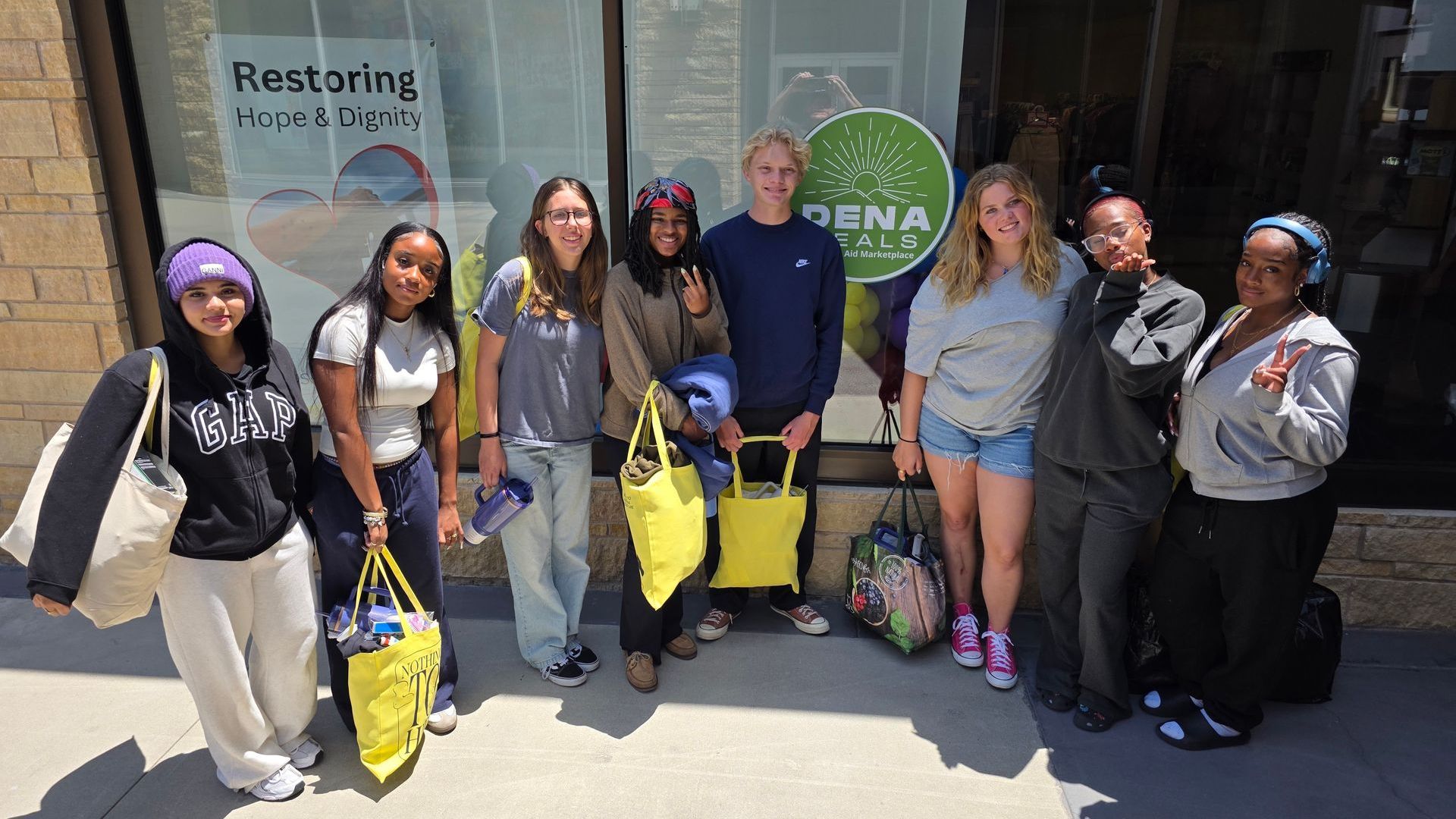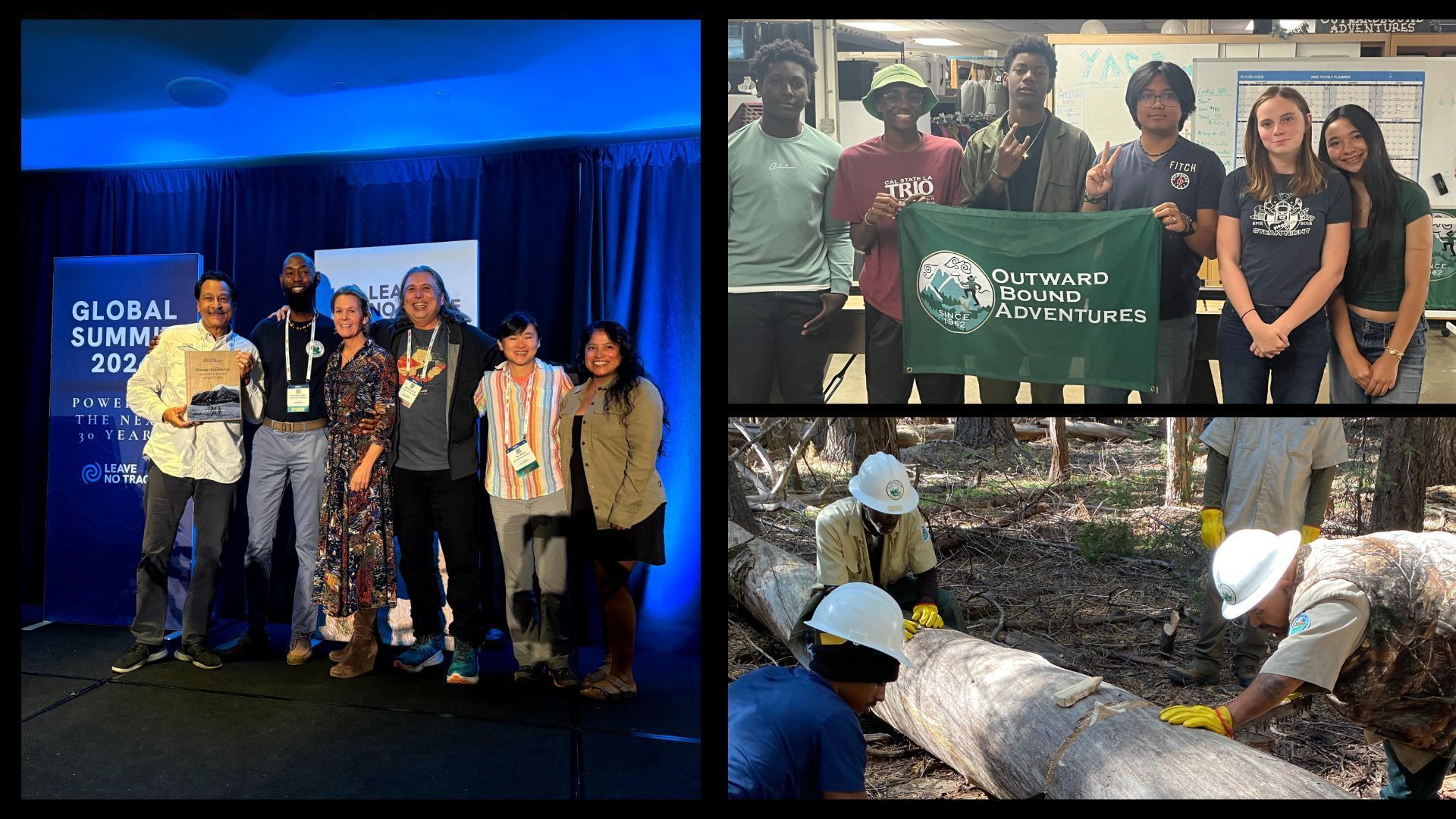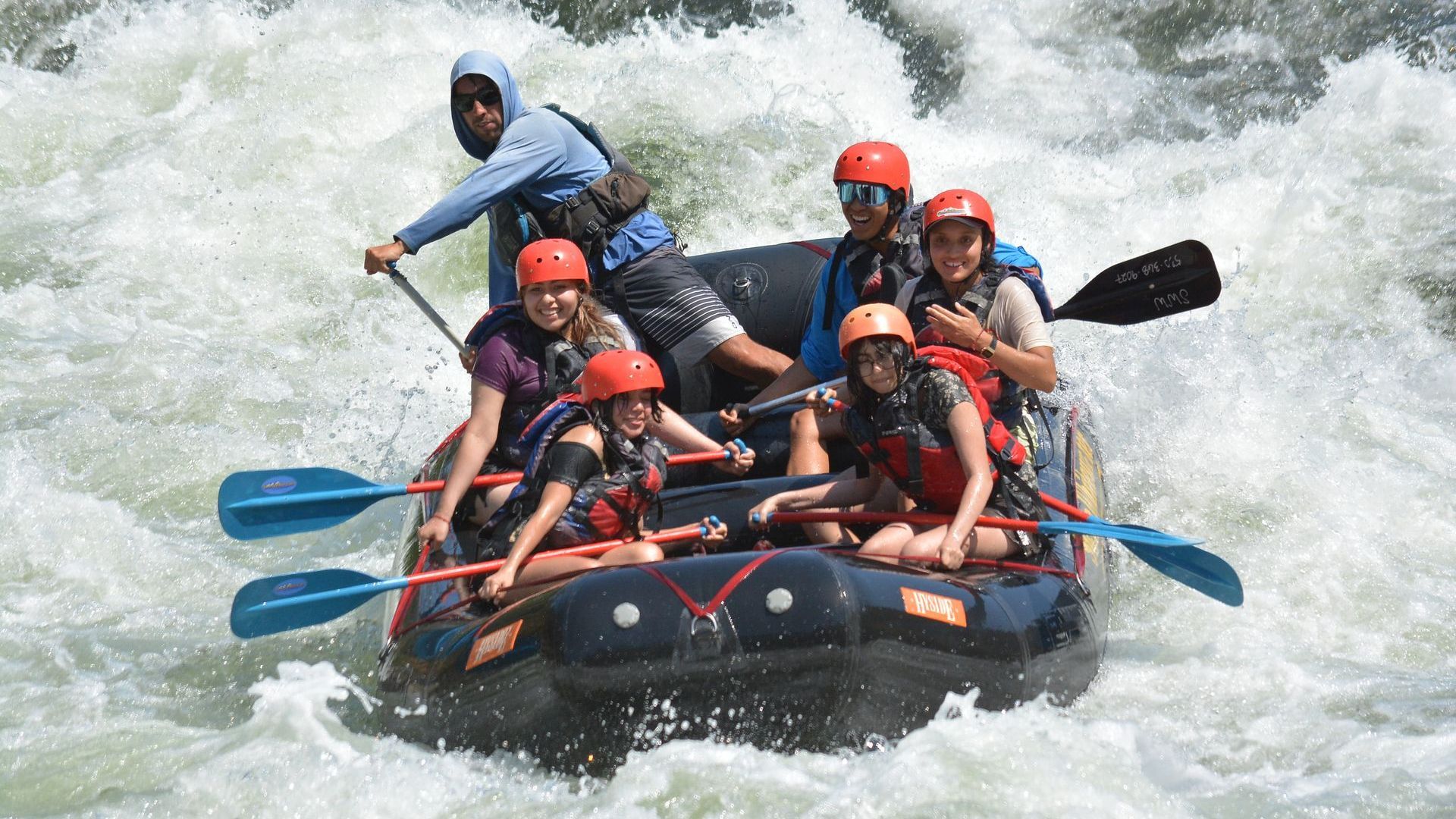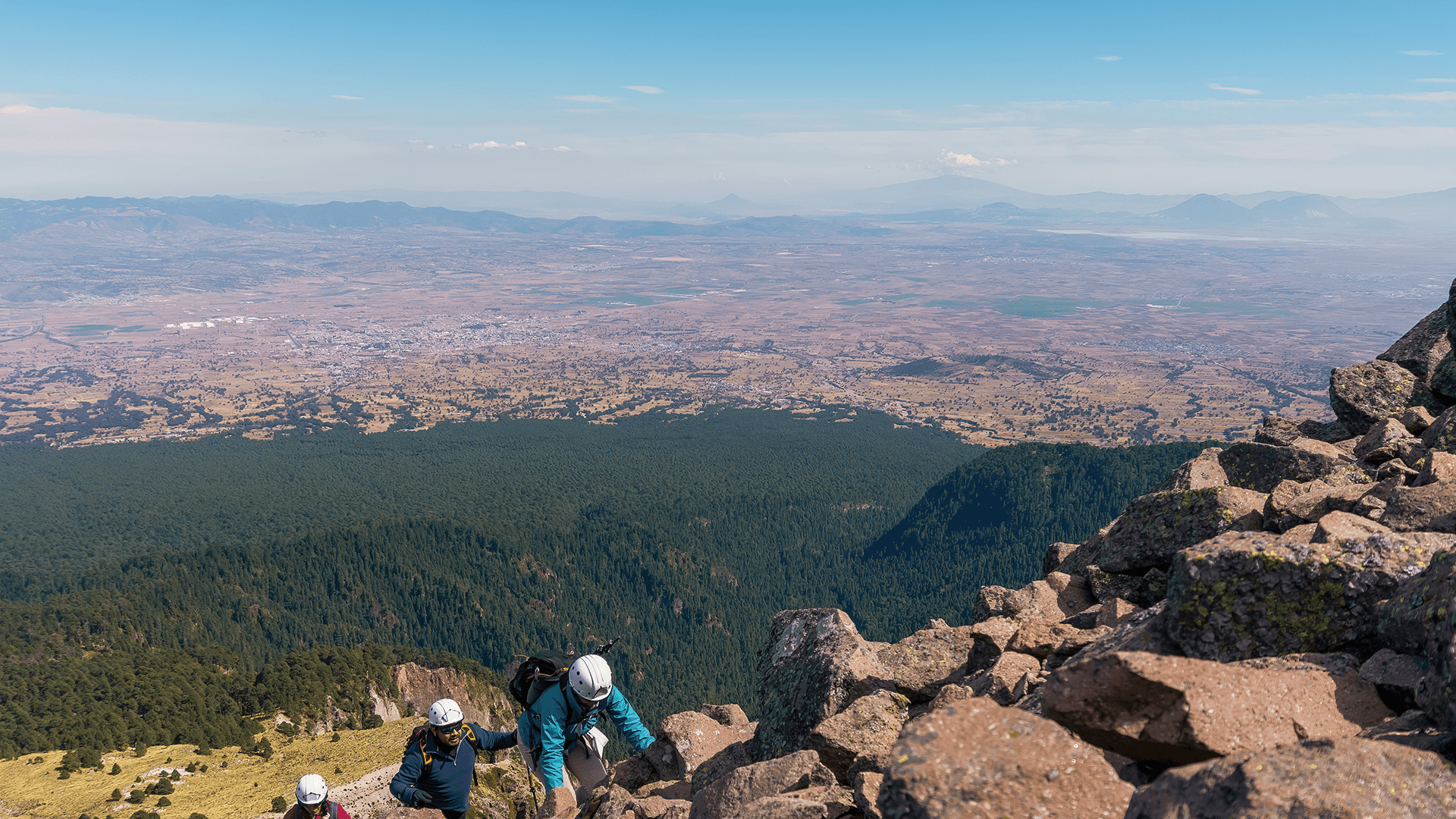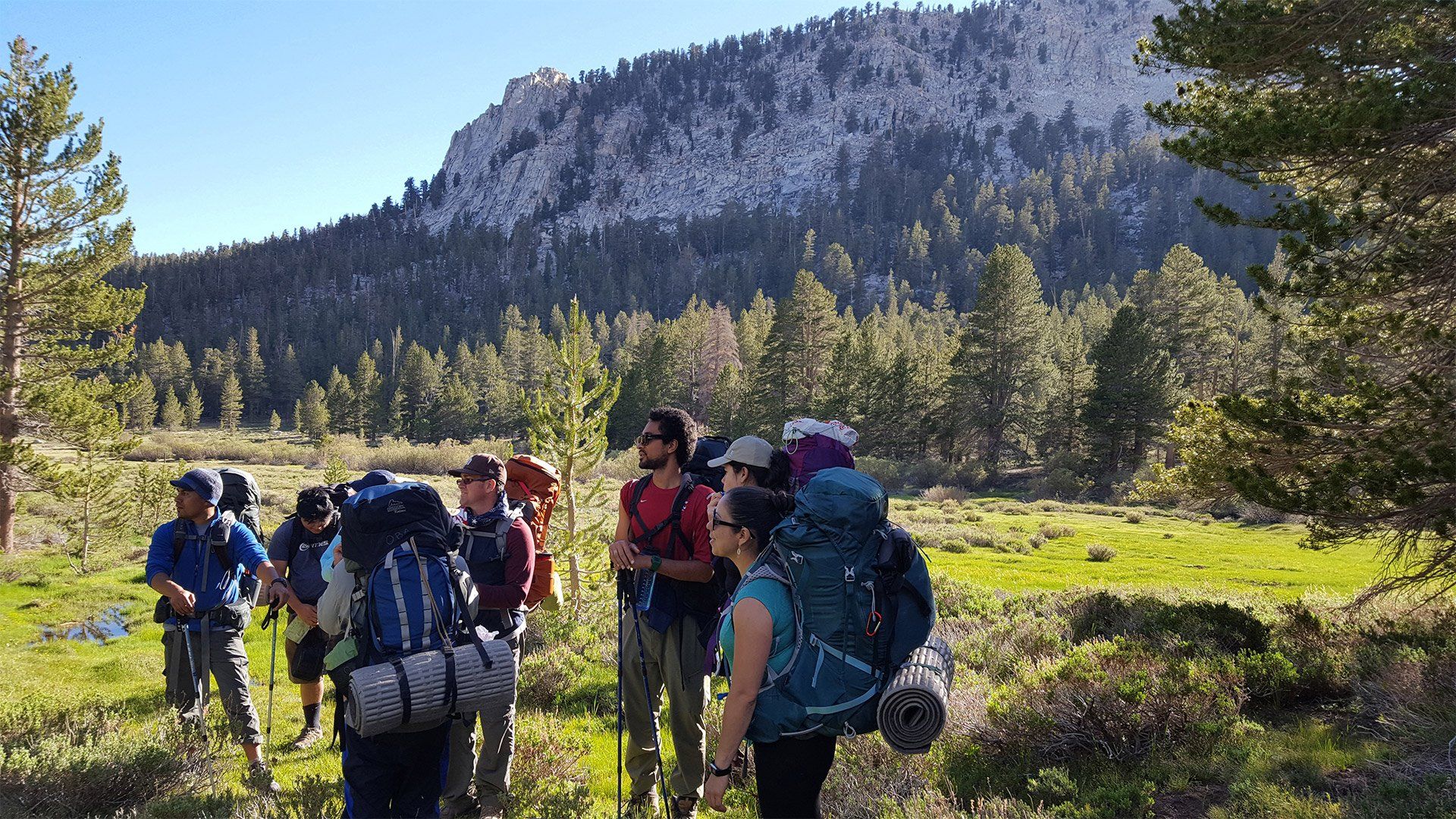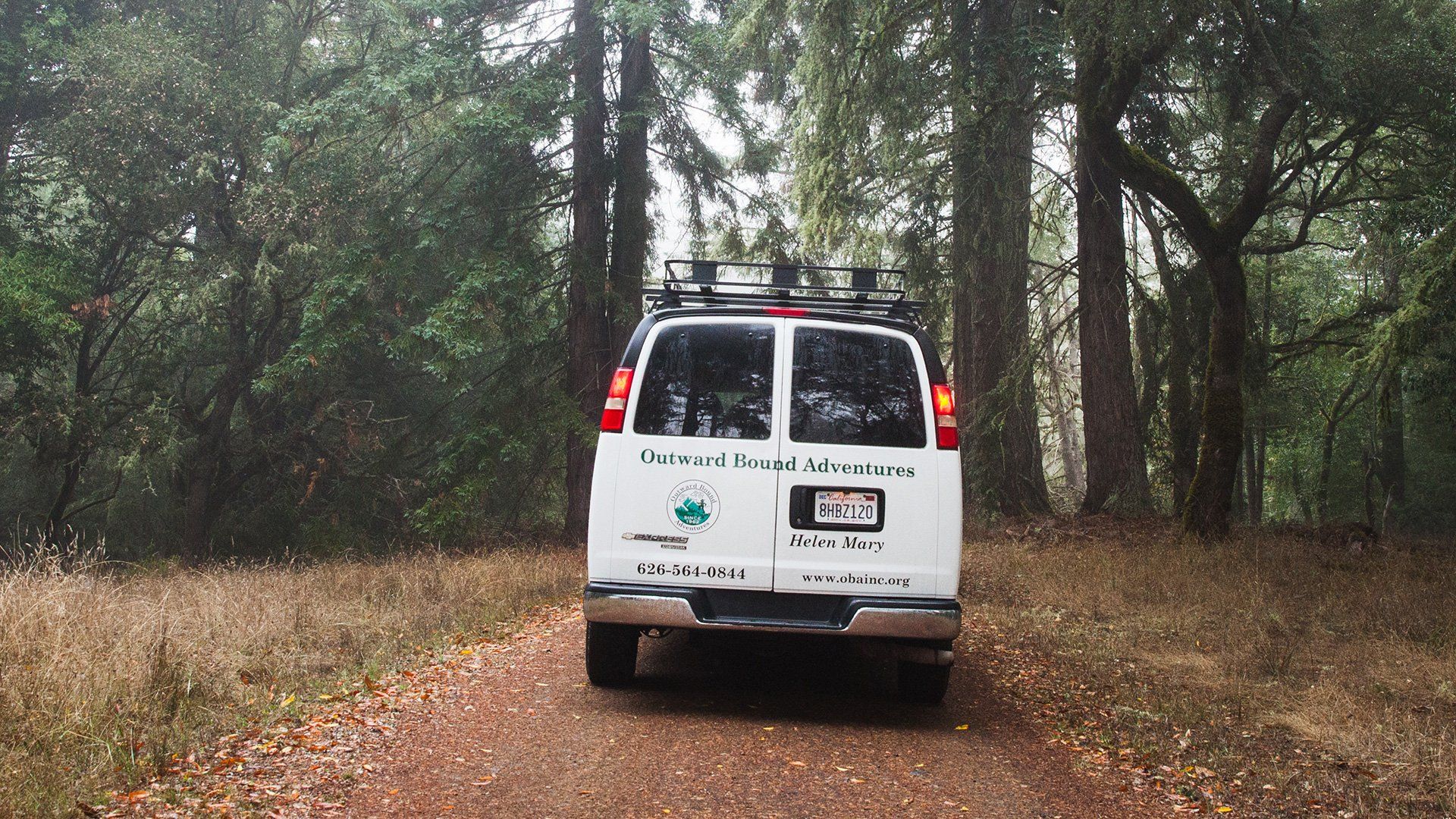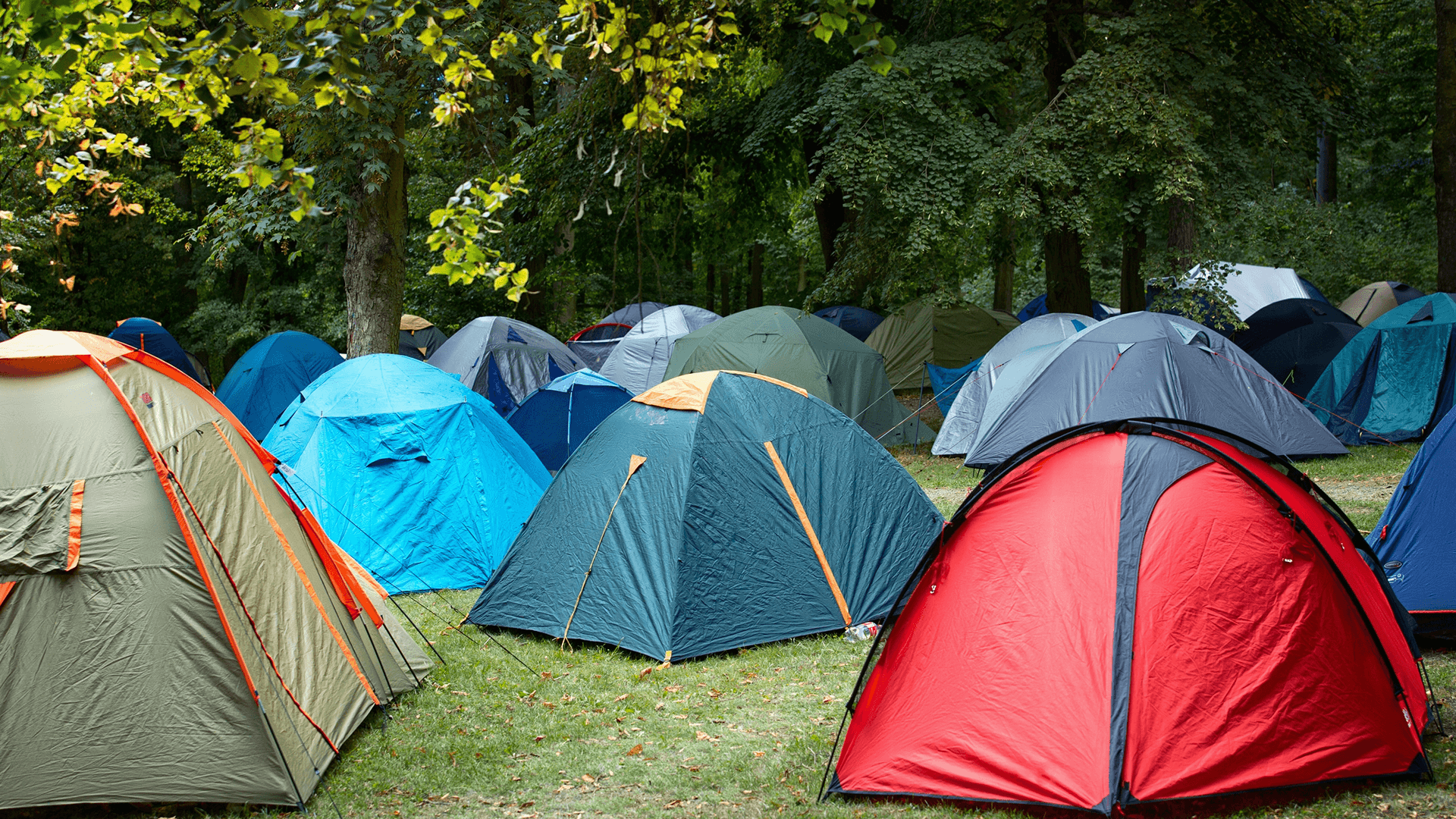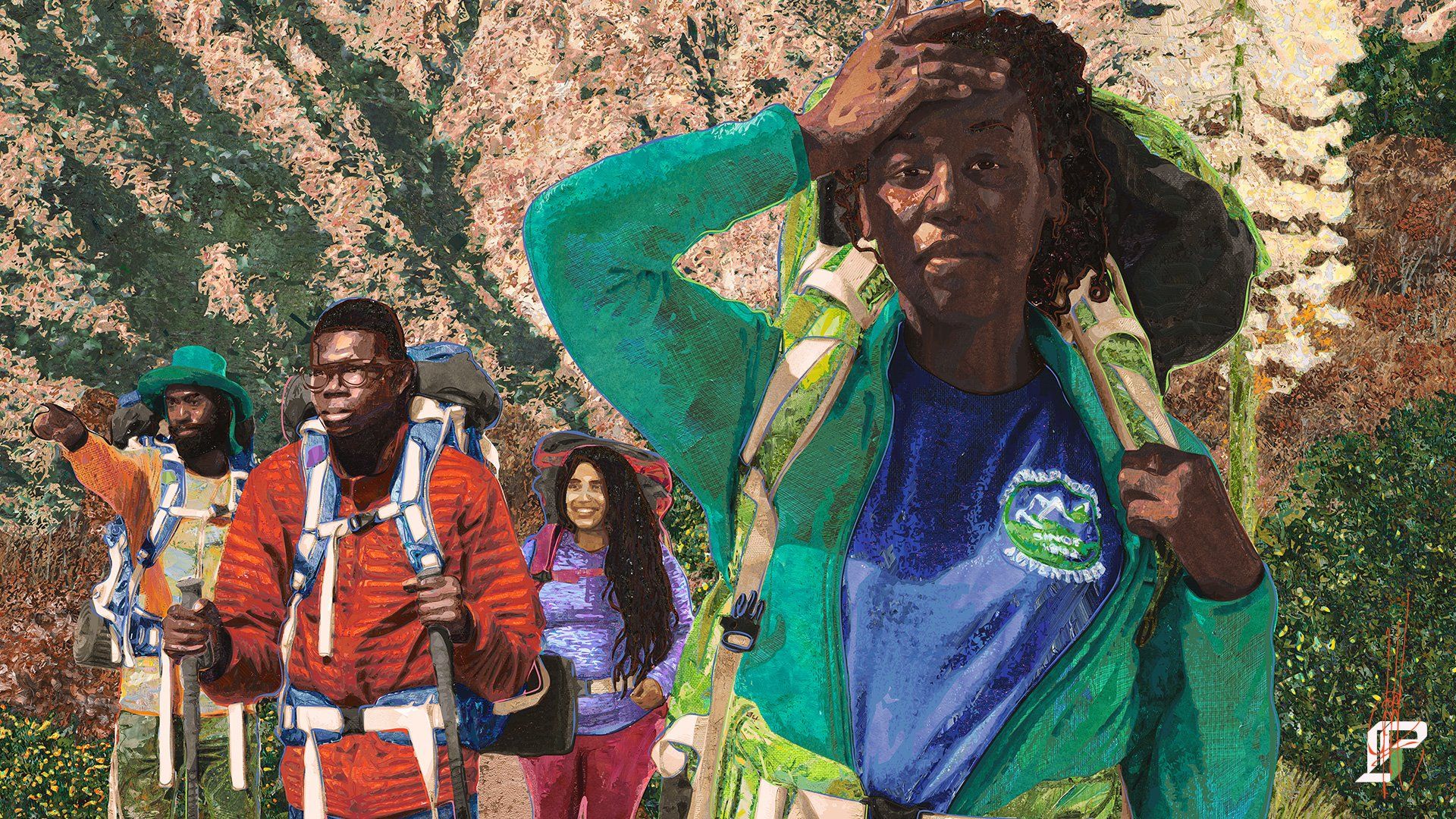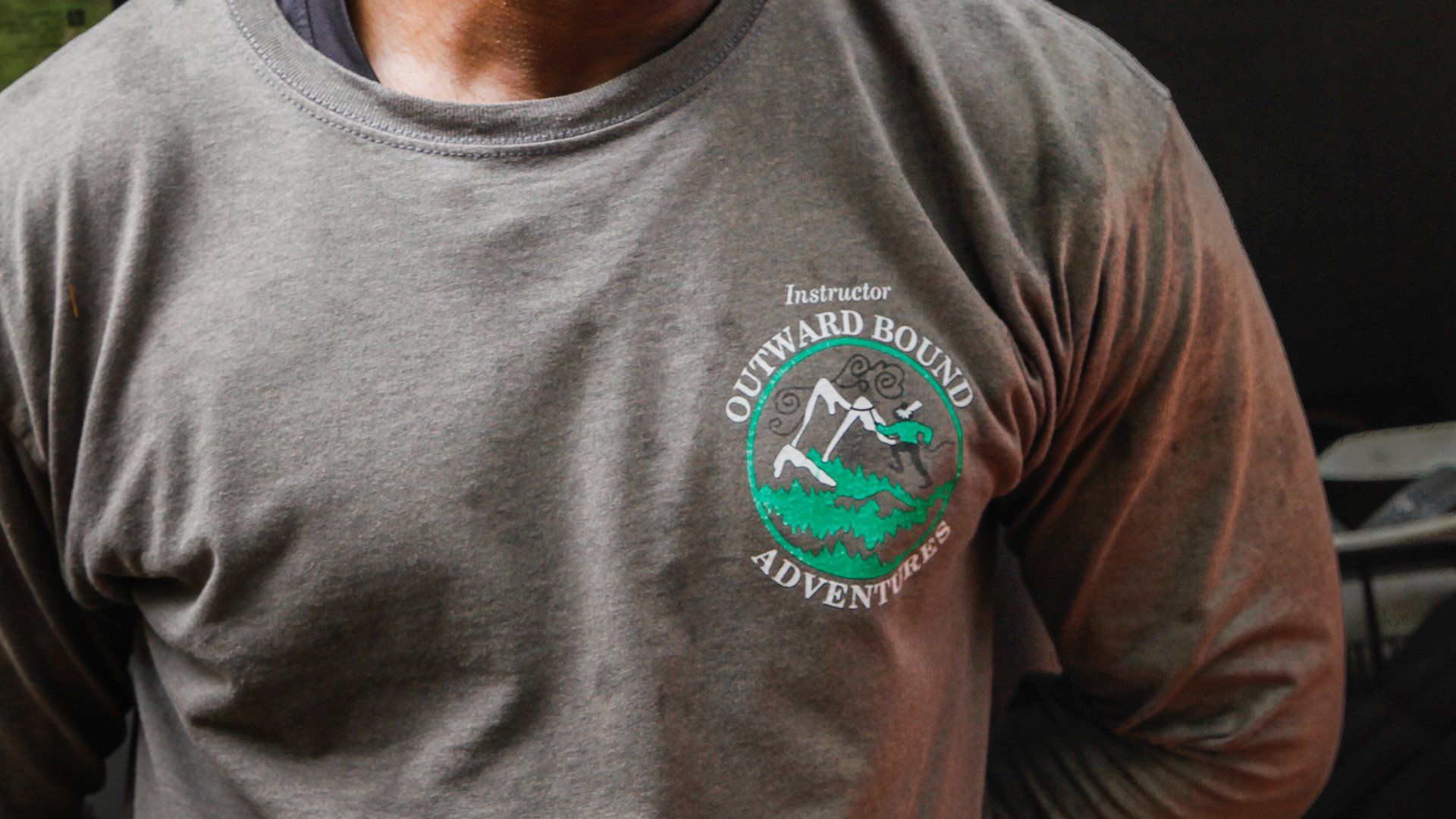Our Past is Our Present and Our “Statements” Will Make it Our Future
A message to the conservation, environmental and outdoor education community from Outward Bound Adventures - Charles Thomas Jr.
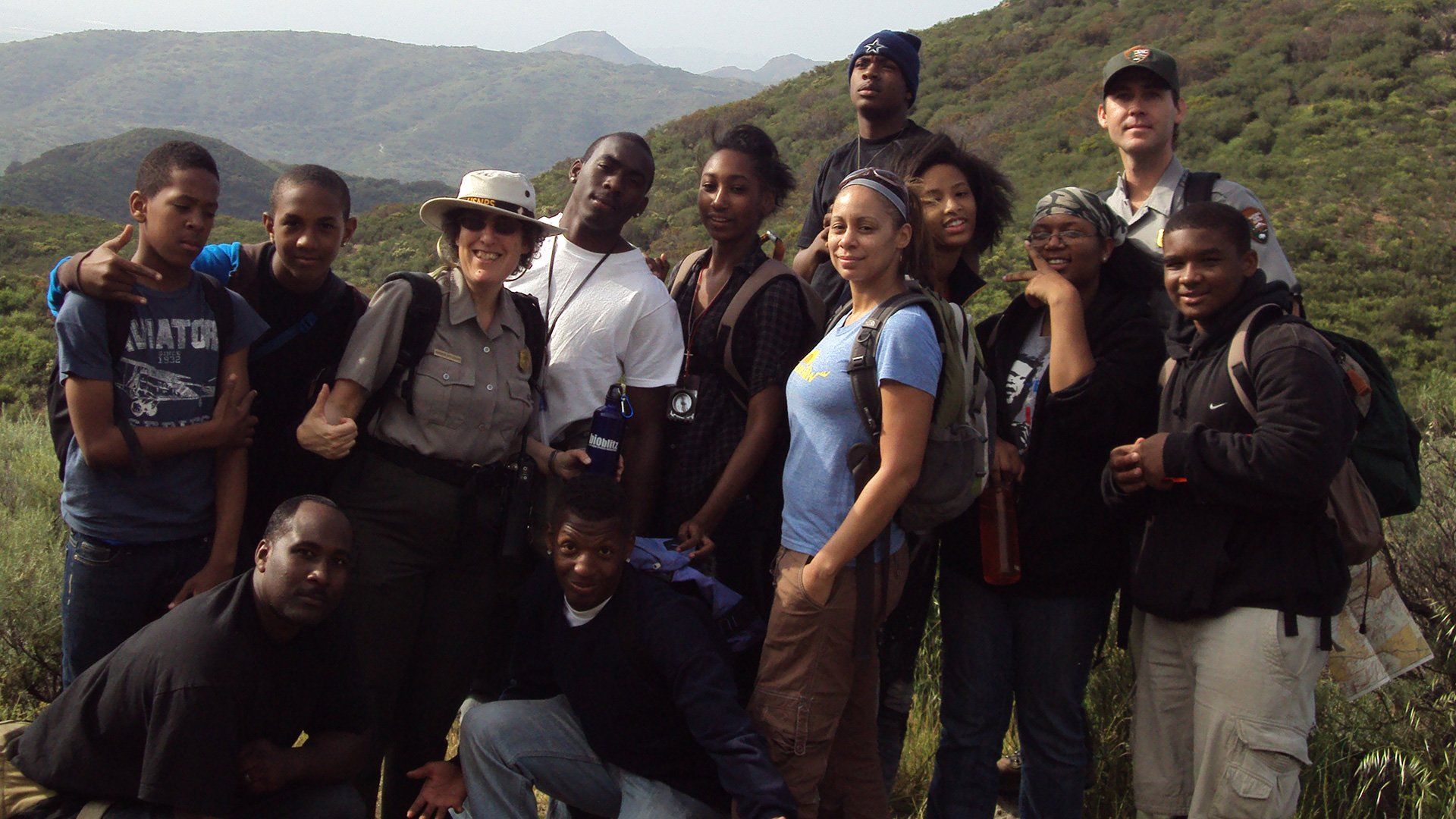
I have grown extremely weary of the flurry of statements coming out of the nonprofit sector about their stand on injustice and how Black Lives Matter. Please do not take this the wrong way, written statements about where an organization stands are important, however simply writing without acting only maintains the status quo. To quote Gandhi, “Those who agree that racial inequality must be removed and yet do nothing to fight the evil are impotent.” In addition, where were those statements posted prior to this latest round of murders - and in case you are just up on current events, this madness has been going on for the past 400 years. It’s almost a given that by virtue of your mission, you’ve taken a stand against some form of injustice, and unless you have been living in a Whitehouse bunker, you’ve known the problem of racial injustice has existed since the creation of these United States. This is not an acute crisis; this is a chronic standard operating procedure that has allowed most white Americans to receive dispensations from an economy built on oppression, extirpation and systemic exclusion. So, while taking a stand and making a statement of support demonstrates solidarity, it does not necessarily mean your organization will move to eliminate the problem. Indeed, our organizations may very well be the problem because we patiently continue to seek justice in a system built on injustice, thereby prolonging the crisis and adding to the cycle of systemic exclusion. What would acting against injustice look like, especially in the outdoor education, land conservation sector?
We can start by accepting that there is an insidious catalogue of systemic barriers that categorically excludes black people and most urban people of color and hinders access to outdoor recreation. This system/cycle creates an “inbred” outdoor pedigree - a family history, identity and network of friends and access points to the outdoors - that funnels white folks into outdoor recreation and ultimately into 85 percent of the environmental/ conservation jobs - coveted jobs that are desperately needed and virtually unknown in many urban communities of color. This cycle must be broken and not by the impotent and feckless approach of inviting “others'' to the table. The entire table needs to be demolished and rebuilt via a collaborative effort by those who have historically been absent and those who have traditionally sat at the table. What else can we do to break the cycle?
1. Let your mission, your daily work and program outcomes make your statements about what side of justice your organization stands on.
2. Let the composition of your board of directors reflect the change you want to see in society and reflect who you want to serve.
3. Let the composition of your staff reflect the change you want to make. This doesn’t mean an all-black or all brown staff, rather a gender, ethnic and age eclectic that demonstrates equity, inclusion and cognitive diversity.
4. Let the physical location of your organization be your statement, do you have a presence where the greatest need is or are you spending time, money and effort to bring your constituents to what you believe they should experience?
5. Let your partnerships make your statement about what side of justice you stand on. Who do you coordinate with, what community organizations do you serve, are you picking only the lowest hanging fruit or are you digging deep and challenging your organization to engage the truly underserved?
6. There is a very large number of urban youth (especially African Americans) who do not connect to the outdoors and nature because it does not interest them. They have no interest because they lack the experience and exposure that comes from the outdoor pedigree cycle. My 40 years of work in this area has proven countless times that if they were introduced into the “cycle” they too would be eligible for and seeking those coveted jobs in conservation. If we are truly interested in standing on the side of justice, then our goal should be to franchise a demographic who are absent not so much by choice but by an unjust system of exclusion. Break the cycle and rebuild the table.
